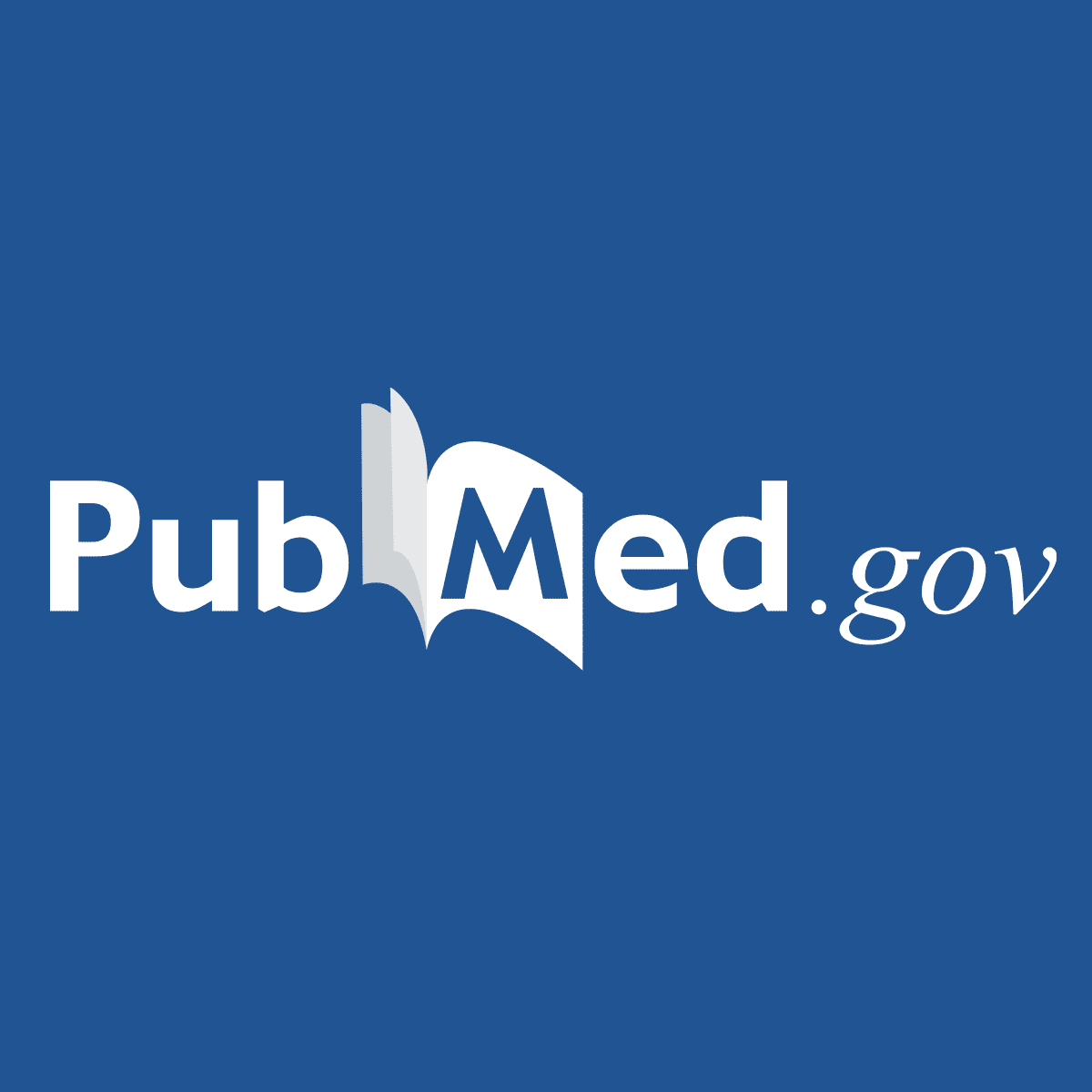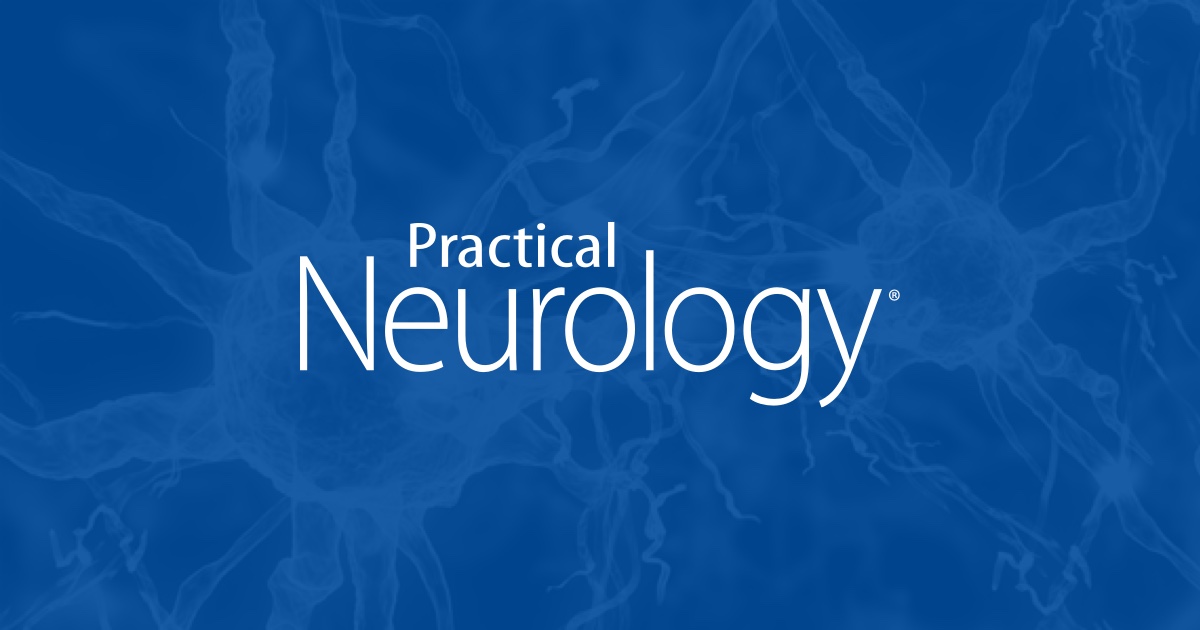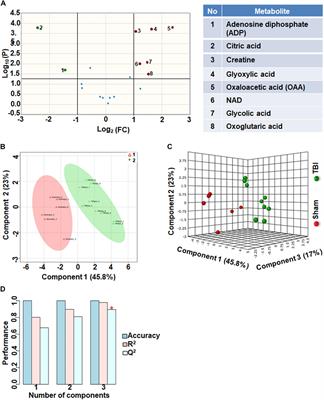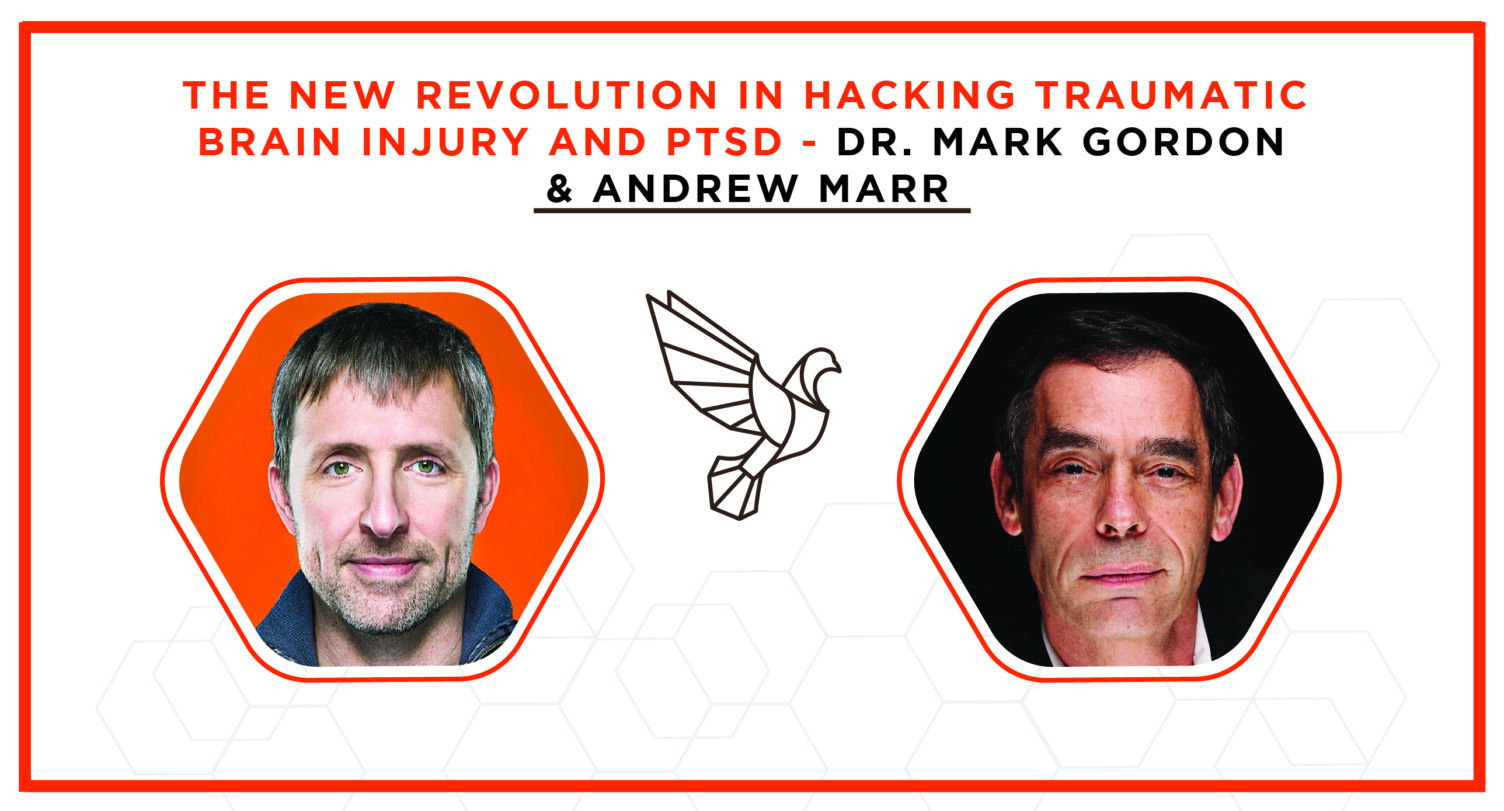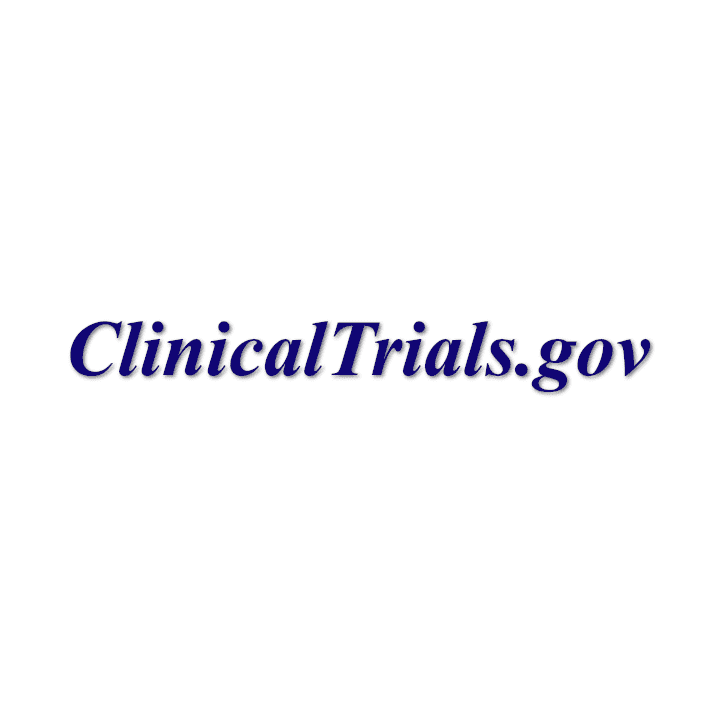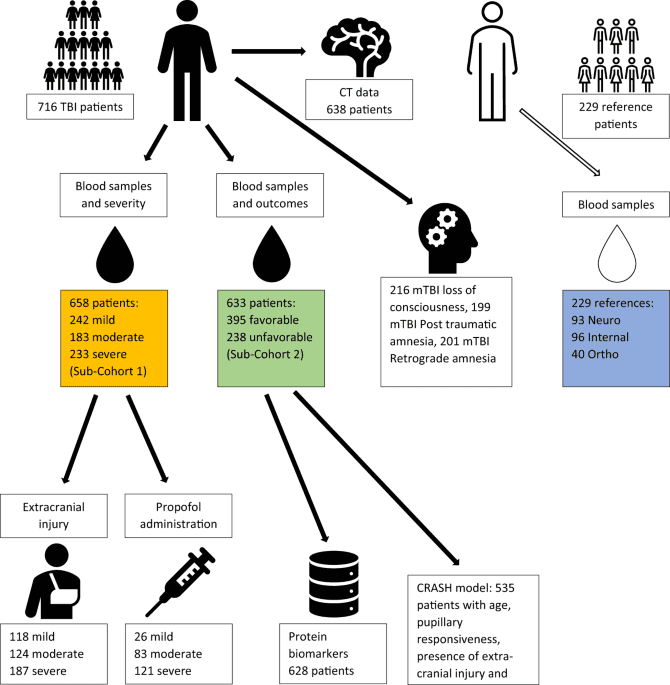P
Peatness
Guest
Some useful info on traumatic head injuries - treatment timing makes a difference

 pubmed.ncbi.nlm.nih.gov
pubmed.ncbi.nlm.nih.gov

 pubmed.ncbi.nlm.nih.gov
pubmed.ncbi.nlm.nih.gov
Magnesium - Nutrition and Traumatic Brain Injury - NCBI Bookshelf

 pubmed.ncbi.nlm.nih.gov
pubmed.ncbi.nlm.nih.gov
Prevalence and correlates of vitamin D deficiency in adults after traumatic brain injury
The Effect of Vitamin D Supplementation in Patients with Acute Traumatic Brain Injury - PubMed

 www.ncbi.nlm.nih.gov
www.ncbi.nlm.nih.gov
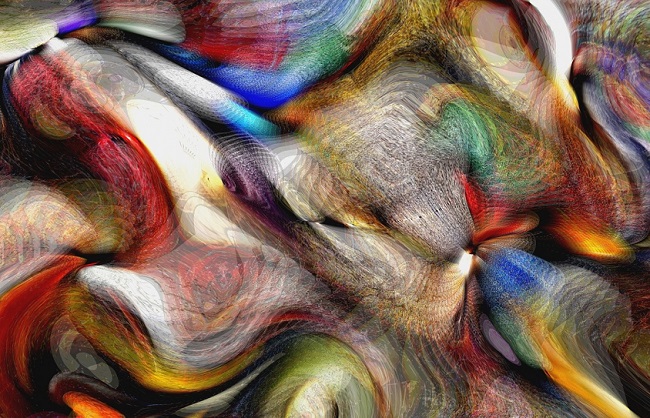
 www.hormonesmatter.com
www.hormonesmatter.com
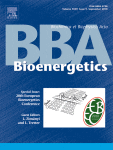
 www.sciencedirect.com
www.sciencedirect.com
Niacinamide And Progesterone For Traumatic Brain Injury
Traumatic Brain Injury (tbi)

 pubmed.ncbi.nlm.nih.gov
pubmed.ncbi.nlm.nih.gov
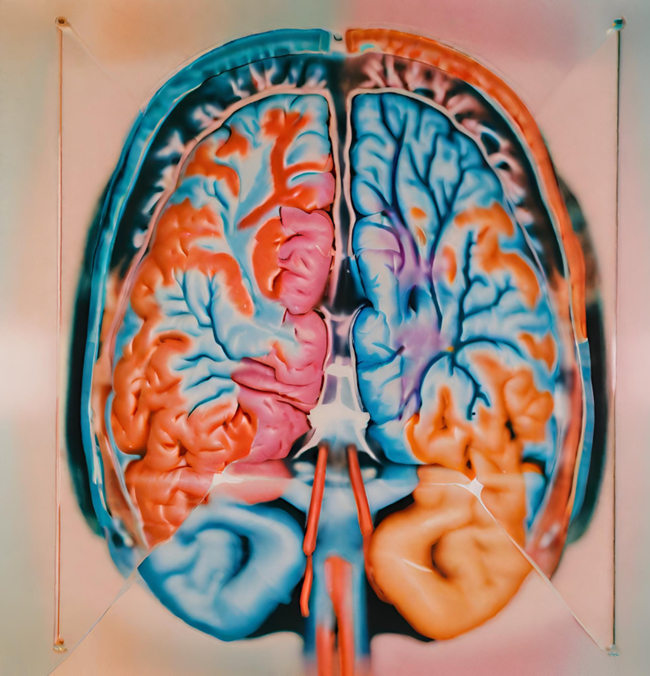
 www.hormonesmatter.com
www.hormonesmatter.com

 www.ncbi.nlm.nih.gov
www.ncbi.nlm.nih.gov

Oxidative Stress: Major Threat in Traumatic Brain Injury - PubMed
In the present review we provide extensive overview of the role of reactive oxygen species (ROS)-induced oxidative stress and its fatal effects on brain after TBI.

Traumatic brain injury results in mast cell increase and changes in regulation of central histamine receptors - PubMed
Experimental fluid-percussion models produce brain injury by rapidly injecting saline into the closed cranium of rats. In this study our purpose was to determine how the central histaminergic system, which controls excitability and neurotransmitter release through G-protein coupled receptors, is...
Magnesium - Nutrition and Traumatic Brain Injury - NCBI Bookshelf

Early selenium treatment for traumatic brain injury: Does it improve survival and functional outcome? - PubMed
Intravenous Selenase<sup>®</sup> treatment demonstrates a significant improvement in functional neurologic outcome. This effect is sustained at six months following discharge.
Prevalence and correlates of vitamin D deficiency in adults after traumatic brain injury
The Effect of Vitamin D Supplementation in Patients with Acute Traumatic Brain Injury - PubMed

The Role of Neurotropic B Vitamins in Nerve Regeneration
Damage and regeneration naturally occur in the peripheral nervous system. The neurotropic B vitamins thiamine (B1), pyridoxine (B6), and cobalamin (B12) are key players, which maintain the neuronal viability in different ways. Firstly, they constantly ...

Rapidly Deteriorating Health With Thiamine Deficiency - Hormones Matter
Thiamine deficiency is a well-documented condition and has been known for hundreds of years, yet the medical community doesn't consider it.
 www.hormonesmatter.com
www.hormonesmatter.com

Thiamine preserves mitochondrial function in a rat model of traumatic brain injury, preventing inactivation of the 2-oxoglutarate dehydrogenase complex
Based on the fact that traumatic brain injury is associated with mitochondrial dysfunction we aimed at localization of mitochondrial defect and attemp…
Niacinamide And Progesterone For Traumatic Brain Injury
Traumatic Brain Injury (tbi)

Blood-brain barrier abnormalities in vulnerable brain regions during thiamine deficiency - PubMed
Experimental thiamine deficiency (TD) is a classical model of metabolic encephalopathy and selective cell loss in the brain resulting from a generalized, low-grade oxidative deficit. Late stages of TD are characterized by hemorrhages in the brain indicating a disruption of the blood-brain...

Traumatic Brain Injury and Oxygen: Understanding the Role of Free Radicals - Hormones Matter
Traumatic brain injury is a significant cause of death and disability. Free oxygen radicals are implicated as major contributors to the secondary injury.
 www.hormonesmatter.com
www.hormonesmatter.com

Effect of coenzyme Q10 supplementation on oxidative stress and clinical outcomes in patients with low levels of coenzyme Q10 admitted to the intensive care unit
Today, trauma is known to be the third leading cause of death in most countries. Studies have demonstrated below-normal plasma levels of antioxidants in trauma patients. The present study aimed to assess the efficacy of Coenzyme Q10 (CoQ10) on oxidative ...
Last edited by a moderator:

